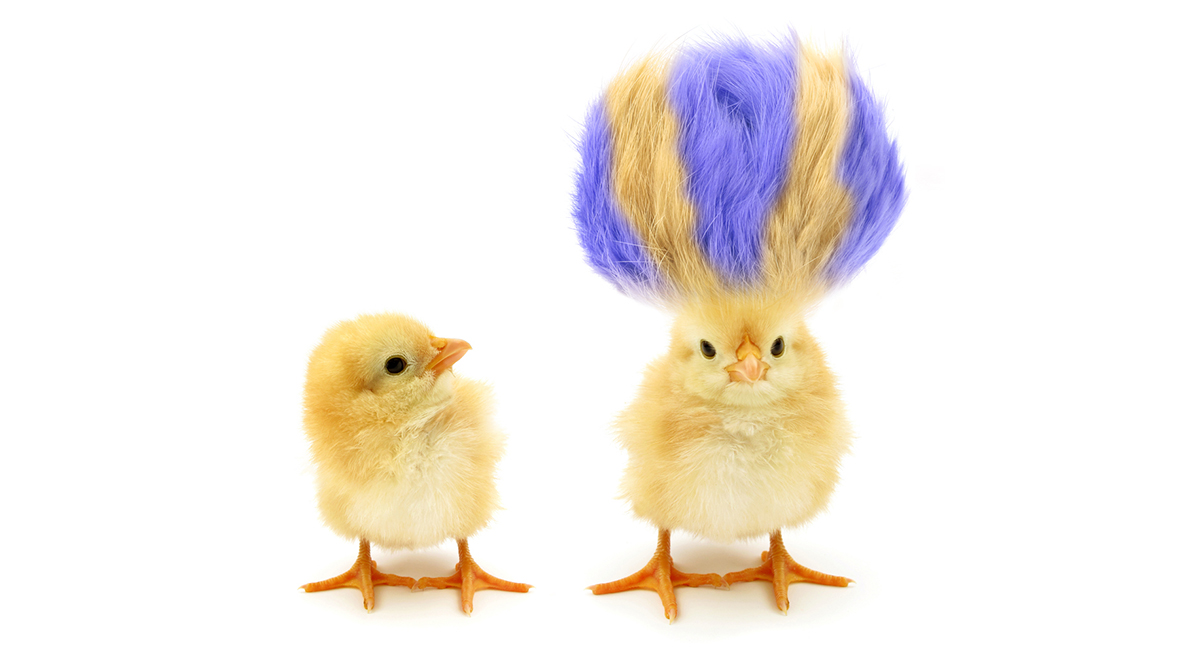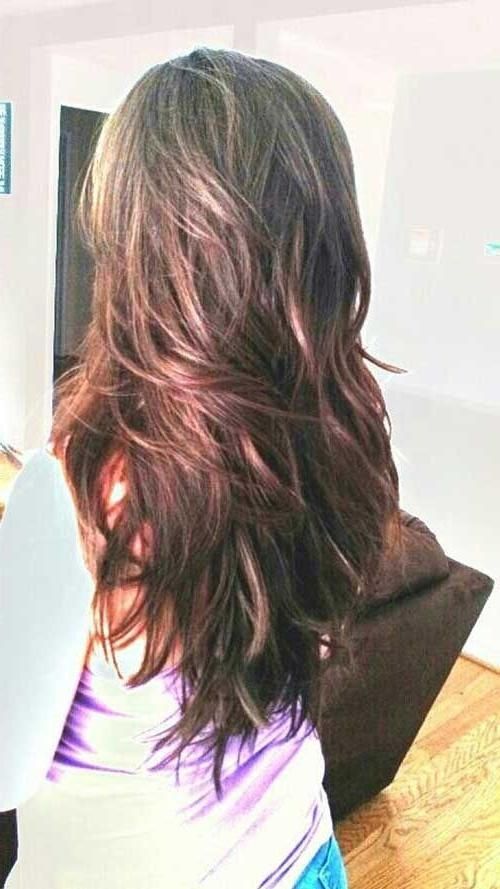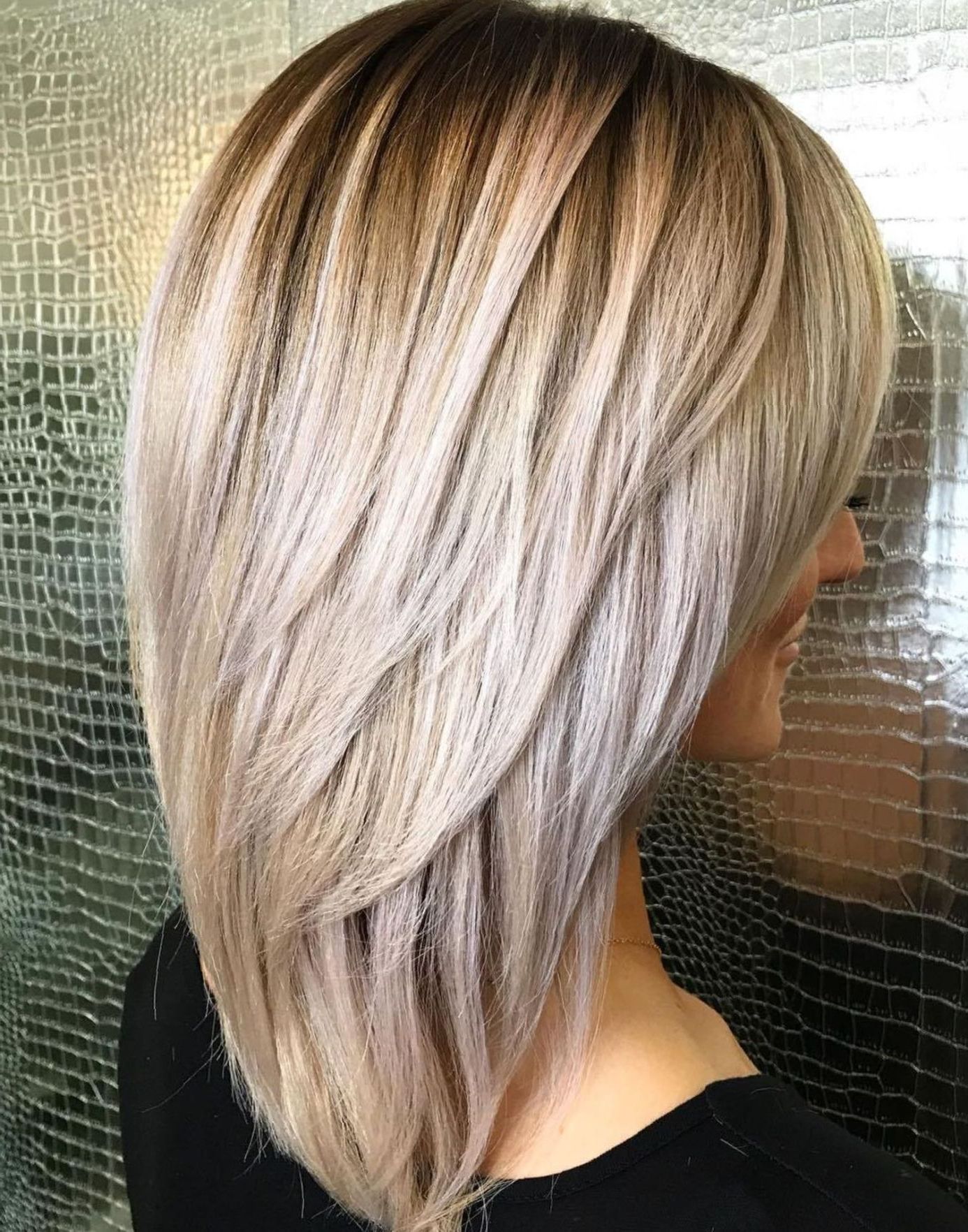Table Of Content

Using too much of any product, silicone-based or not, can lead to moisture-blocking buildup on the hair and scalp. Make sure you cleanse your mane regularly and thoroughly so it’s able to absorb all those amazing nutrients in your products. Navigating hair care can sometimes make you feel like you need a chemistry or cosmetology degree. These products usually contain lightweight silicones that don’t have as much negative effect on your hair.
Why You Only Want to Use Water-Based Silicones on Your Hair
But there is a distinct downside to silicone hair products. But in recent times, silicone has also faced heavy criticism. Some people have even banned it from their hair care routines. Silicones form a thin, waterproof coating around your hair cuticle.

How do you spot silicones when buying hair products?
If using a product that has this ingredient doesn’t bother you that much, then choose those that have the PEG prefix since it will indicate that the silicone present is safe for your strands. Show off those pretty curls with Maui moisture curl quench + coconut oil shampoo. This silicone-free shampoo is made to hydrate, smooth, as well as stops frizz from taking over your curly locks. Using this shampoo will leave your hair feeling soft to the touch with the added shine and bounce to them. Even if you have tight curls, you will find that this product can easily penetrate your scalp to the roots of the strands where it delivers proper hydration so your curls will look better than ever. In fact, many hair products may have varying silicones from one another because some of them may target different hair needs.
Positive Effects of Silicones
Some seem to avoid using silicone-based styling products entirely, while others absolutely swear by them. If you're wondering why there's such a divide, you're not alone. As it turns out, some hair types respond much differently to silicone than others.
Water-Soluble
This is why silicones in hair products aren't necessarily bad - Stylist Magazine
This is why silicones in hair products aren't necessarily bad.
Posted: Wed, 21 Sep 2022 08:38:02 GMT [source]
The word silicone is a general term and can be misleading. It gives the impression that all silicones are the same. SELF does not provide medical advice, diagnosis, or treatment. Any information published on this website or by this brand is not intended as a substitute for medical advice, and you should not take any action before consulting with a healthcare professional.
And if you notice a “-cone” ingredient near the top of the list, it means there’s a higher percentage of it in the product. It’s also worth taking into account the fact there are different kinds of silicones. From finding the right products to our top tips and tricks, we’re here to help you own your look and rock your self-confidence. Lucky Curl covers the factors you should consider when deciding to purchase a ceramic vs titanium curling iron. These variants are attracted to damaged (negatively charged) areas on the strand creating a barrier that can trap what’s inside in and block what’s out.
Silicone for Hair: Benefits and How to Use
What is dimethicone? Uses, safety, and alternatives - Medical News Today
What is dimethicone? Uses, safety, and alternatives.
Posted: Thu, 17 Mar 2022 07:00:00 GMT [source]
It’s also worth noting that product build-up isn't a permanent condition, so if you prefer styling products that contain silicones, you're not doomed to endure limp or brittle hair. "When needing to remove build-up from using too much silicone, I always recommend a clarifying shampoo, which will remove heavy oils and cut through any build-up," says Samaria. This is seconded by Garshick, who suggests a few clarifying shampoos that will effectively remove product build-up, noting that a little bit goes a long way.
"Ideally, a product with silicone like a styling oil should be the final step after nutrients are applied," shares Lane. So, for example, using a water-soluble silicone as a final ingredient in your hair care routine such as during heat styling or in a finishing spray or mist isn't a bad idea at all. But before a conditioner or another styling product like a curl cream? All experts noted the biggest advantages of hair products with silicones are their smoothing and taming capabilities, and the way these formulations protect the hair from heat styling tools.
Benefits of Silicone for Hair
The build-up of products containing dimethicone can clog your pores and follicles leading to itching and flaking. You can simply look for ingredients with the suffixes -cone, -lyol, -siloxane, and -silane to identify silicones. According to the American Chemistry Council, silicones are safe to use, provided you use them for their intended purpose. Now, the beauty industry causes a lot of waste—that's no secret—and many eco-issues certainly trump the potential bioaccumulation of silicones. (Plastic waste and water consumption, for example!) But it's certainly part of the bigger picture.
This is the most traditional type of silicones, and it doesn't dissolve or gets easily rinsed out with water. Instead, they create a water-resistant coating on the hair shaft, which comes with the risk of buildup as they can accumulate over time. On the question of whether anyone should really use products containing silicones, the experts are somewhat divided. In the end, as Spinnato says, it really comes down to personal preference.
Truthfully, silicones aren’t bad for your hair unless you choose the wrong type of silicone, like in the case of caulk. Some may say that it being synthetic is the reason why it is dangerous, but they are wrong. Silicone provides protection to your hair shaft against moisture and heat.












